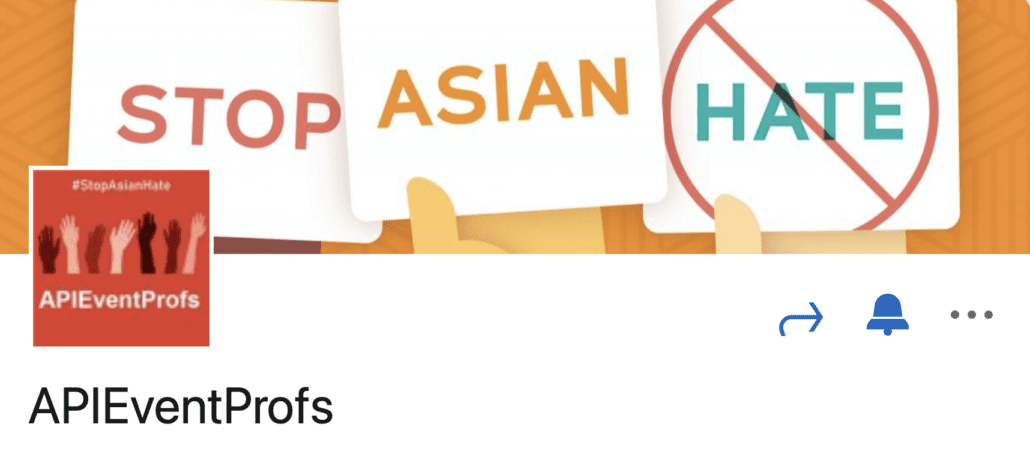Asian/Pacific Islander, or API, event profs and allies now have a place to go on social media to spur discussion of, and solutions to, challenges specific to APIs in meetings and events.
The role of APIs in the meetings and events industry has historically flown under the radar. The two new groups recently launched on LinkedIn and Facebook aim to change that.
How many API event profs are there? There are a few high-profile API event professionals who seemingly participate in every board and committee, but who else is representing that community in the event professional realm? John Chen, author of Engaging Virtual Meetings and the leader of Geoteaming, started looking around to find answers to that question, and found that API event professionals appear to be under-represented in the industry leadership, and on social media platforms including Facebook and LinkedIn.
Why is that important? While there are any number of event professional groups — not to mention a plethora of diversity, equity and inclusion (DEI) committees and groups — all too often API event profs get left out of the conversation. Even at event industry association conferences, there are affinity groups and gatherings for other minority members, but not APIs, notes hospitality and meetings industry consultant and trainer Joan Eisenstodt.
Chen decided to do something about that. He created two groups where both API event professionals and non-API allies can gather online: the APIEventProfs LinkedIn group and the APIEventProfs Facebook group. The mission of both groups is to “educate and elevate the role of Asian Pacific Islanders in the meetings and event profession, including educating about the rise of API related hate crimes and their impact on our industry.”
Why now? COVID-19 has exacerbated anti-API sentiment, from people refusing to frequent Chinese restaurants and other API establishments, especially early on in the pandemic, to increased hate speech and violence toward API individuals — including those who work in the hotels, convention centers, restaurants and other establishments that serve meetings and events, as well as attendees, exhibitors, sponsors and staff at the events, says Eisenstodt.
“You can’t just sit back and say, “that’s someone else’s problem — it affects neighbors and family and colleagues and our industry as a whole,” she says. “While it’s great to have all these committeees and DEI statements, they often aren’t focusing on API and anti-Asian hate.” While there have been some who are digging into to unearth data on this segment of the U.S. population, Culture Explorer and Show Host Jolene Jang says the stats that are available tend to be “ridiculously under-reported.”
But even under-reported numbers can be staggering. For example, she says, the New York Police Department have divulged that hate crimes in the city have surged 100% in the last year, with an especially high 361% increase against the Asian community. The overall spike in hate crimes was mainly due to the drastic rise in attacks against Asians, according to CBS. So far there have been 129 anti-Asian incidents reported in 2021 compared to just 28 in 2020. And that’s just in New York.
Chen says that event professionals also need to question why, when Asian/Pacific Islanders earn advanced degrees at twice the national average of other U.S. demographic segments, they hold less than half of the executive positions, whether in government, non-profits or corporations. Way less, like 5%, he says.
“This industry, which is all about hospitality and inclusion, has an obligation to learn, to ask questions, and to speak out against anti-API discrimination and hate,” Eisenstodt says.
As an event professional, do you understand the dangers your API participants and staff face in your destination, at your host venue, from others at your event? Hate affects everyone attending or working at an event, she adds. That’s why it’s important to ask questions about incidents of hate toward API people in the destination in your requests for proposal and in your conversations with the local convention and visitors bureau.
You can join these groups, and the conversation, at APIEventProfs LinkedIn group and APIEventProfs Facebook group.











